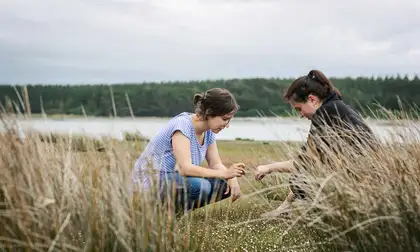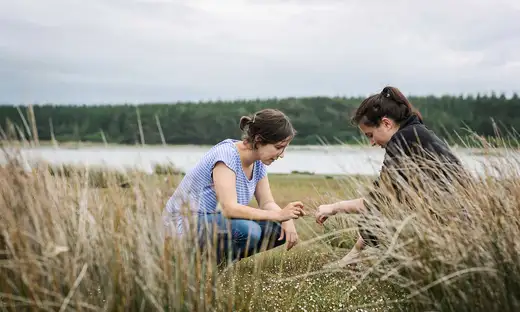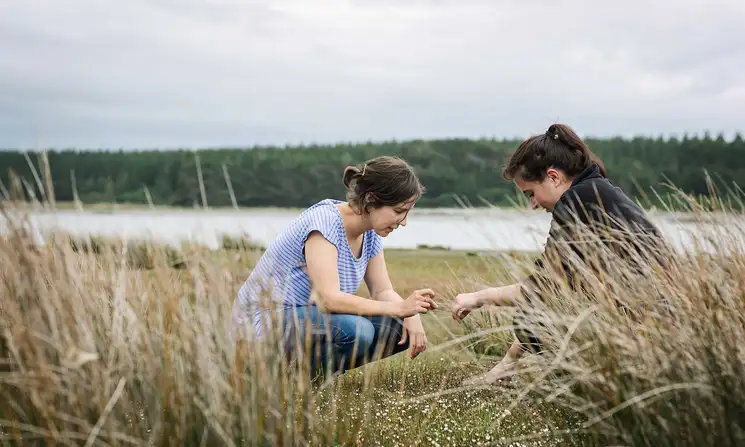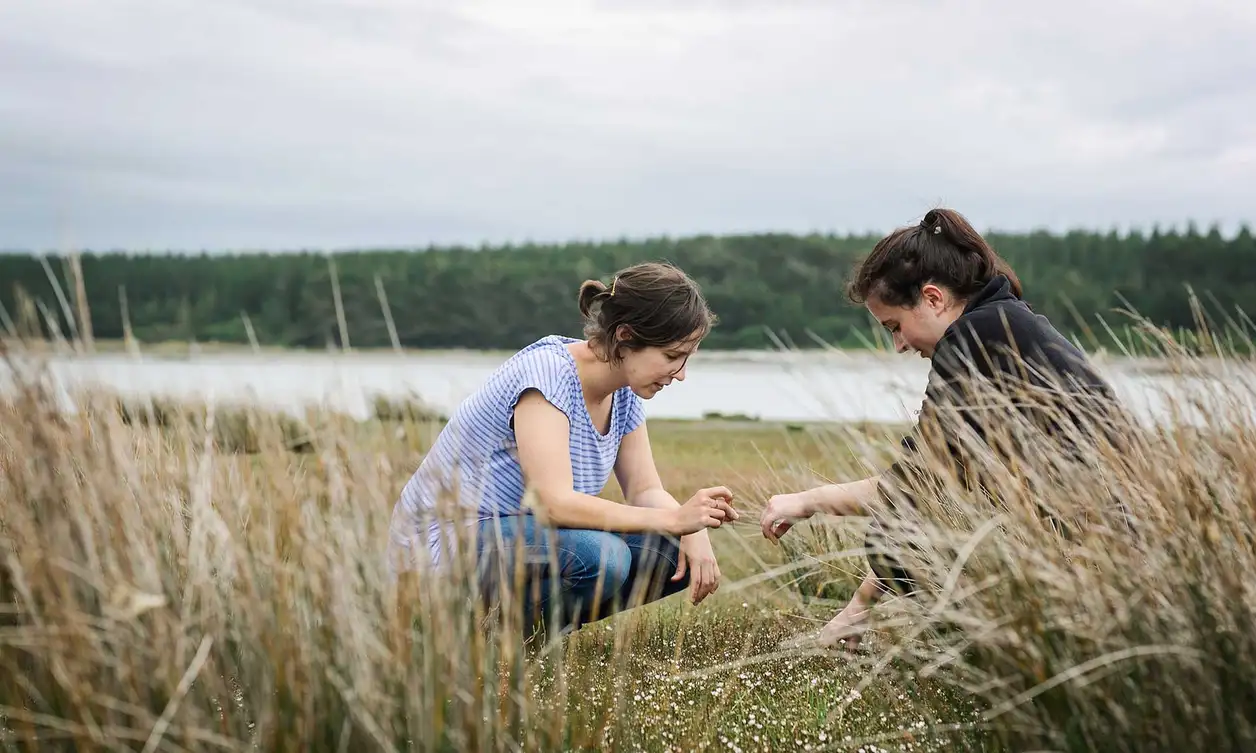On this page
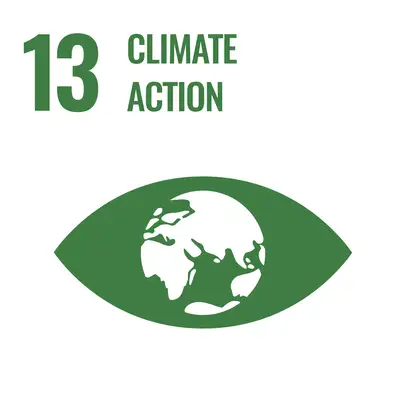
Increasing renewable energy use
Massey University has numerous initiatives to increase its renewable energy usage – adopting heat pump technology, upgrading lighting systems, enhancing building management systems and partnering with Solar Bay to host a large solar power system on campus.
In 2022, 60.3 per cent of the university's energy consumption was from low-carbon sources – comprising 32,045,330 kilowatt-hours of a total energy consumption of 53,166,852 kilowatt-hours. Total energy includes natural gas, fuel, oil, petrol, avgas and renewable electricity for on-campus and Massey farms usage.
Massey's low-carbon energy use in 2022 improved by 9.0 percentage points compared to 2021. In 2021, 51.3 per cent of energy use was from low-carbon sources – comprising 30,368,606 kilowatt-hours of total energy consumption of 59,232,914 kilowatt-hours.
In 2019, the university's low-carbon energy use was 51.4 per cent of total energy consumption. In 2020, it was 55.7 per cent of total energy.
Community collaboration for climate change solutions
Climate change collaboration with iwi
Massey's Professor Glavovic is working with a group of trustees who are the mana whenua to a piece of land on the Waitara River in New Plymouth. The land faces flood risk, coastal erosion and intensified storms due to climate change.
The university, Māori communities and local government are working to develop an adaptation plan. The goal is to prevent people from needing to leave their communities and to protect their urupā and rare taonga that are at risk, as well as people’s wellbeing and livelihoods.
Tangimoana and Pūtiki climate response plans
Massey is working with the Manawatū District Council to develop climate response plans for the Tangimoana and Pūtiki communities, where grave flood risks exist. This work is in collaboration with local Māori communities, including Rangitāne and other iwi and hapū. The action plans will inform the councils’ future decisions, in consultation with affected communities, about priorities, approaches and funding.
Whanganui flood strategy
Horizons Regional Council engaged Massey experts to develop a flood risk and resilience in a changing climate strategy. The focus is on Anzac Parade – the main road alongside the river in Whanganui.
Global climate change assessment
The university is also actively involved in Working Group II of the Intergovernmental Panel on Climate Change. This group is assessing the impacts of climate change, looking at ecosystems, biodiversity, and human communities at global and regional levels. As part of this, Professor Bruce Glavovic was a key contributor to the Intergovernmental Panel on Climate Change’s Sixth Assessment Report on Impacts, Adaptation and Vulnerability.
Climate Action Week
As part of Massey’s commitment to being net carbon zero by 2030, the university held an online Climate Action Week to encourage Massey students to be active partners in the journey.
The activities comprised short videos, speakers, panel discussions, korero, creative ideas and competitions.
Art films illuminate climate change
A collection of short art films addressing climate change and greenhouse gas reductions featured on the Whairepo Lagoon water screen in Wellington Harbour during Matariki, the Māori New Year.
Massey’s Toi Rauwhārangi College of Creative Arts and Wellington production company Storybox led the event.
Citizen science and weather forecasting
Massey’s Joint Centre for Disaster Research examines how “citizen science” can contribute to weather forecasting. This work forms part of a 10-year research project with the World Meteorological Organization.
Fulbright awards fuel climate change research
The university received the Fulbright New Zealand Scholarship Awards to investigate critical aspects of climate change. The research focuses on:
- sustainable development and resilience in coastal communities
- the impact of climate change on women’s reproductive decisions.
Lead expert on Tourism Panel on Climate Change
Dr Apisalome Movono was appointed Lead Expert on the Tourism Panel on Climate Change, launched at the United Nations Climate Change Conference.
This panel brings together more than 60 leading experts from over 30 countries and focuses on climate-resilient global tourism with the aim of achieving zero emissions by 2050.
